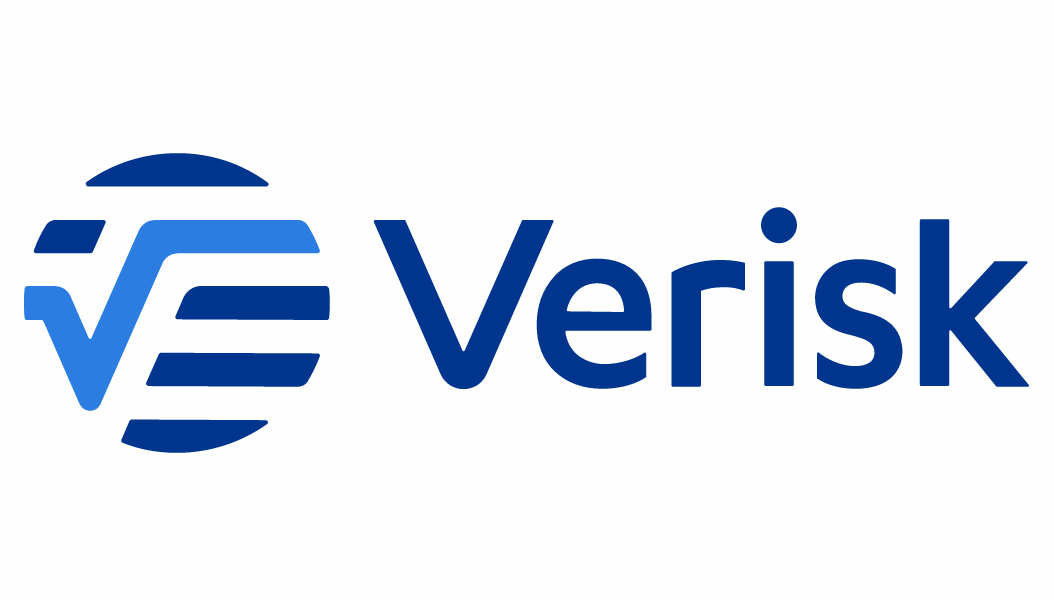
Canadians rely on HVAC contractors to keep them cool in summertime and warm in wintertime.But it’s complex, intricate work that requires technical expertise — which means it comes with its own set of challenges.Whether you’re an HVAC contractor, HVAC repair technician, HVAC subcontractor, business owner, your clients rely on you to install, repair, or maintain their HVAC systems.
While you focus on keeping your clients stay comfortable, it’s essential to protect your business from potential risks like property damage and on-site injuries.That’s where HVAC insurance comes in – it helps you safeguard your business so you can continue providing excellent service with peace of mind.Why do HVAC contractor and business owners need insurance? Proof of insurance for clients Clients often require proof of insurance before hiring you for a job to ensure any potential mishaps, like property damage or injuries, are covered.
Having the right insurance isn’t just a formality – it’s a way to provide peace of mind for both you and your clients, build trust and credibility, and it protects your business from financial losses.Increased risk on job sites Working at residential or commercial sites increases your exposure to accidents.For example, if a technician accidentally drops a heavy tool from a ladder, it could injure someone or damage the client’s property.
Insurance helps cover these kinds of liability claims, protecting you and your clients.Hazardous materials and injury risks HVAC contractors often work with potentially hazardous materials like sealants, refrigerants, and insulation.Some of these materials can produce toxic fumes or contain acidic chemicals that can cause burns.
Any lapse in safety precautions could lead to injuries.Insurance helps protect against these risks, ensuring both you and your clients are covered.Expensive specialized tools As an HVAC contractor, you depend on specialized tools like psychrometers, nitrogen regulators, and thermal imaging tools, many of which can be costly to replace or repair if lost, stolen, or damaged.
Delays in getting these highly specialized or custom-designed tools fixed or replaced can impact your productivity and ability to meet deadlines.Insurance helps cover these risks, ensuring you can keep your projects on track.Risk of equipment malfunction Equipment malfunction can pose a liability hazard like an electrical issue or a fire.
Even after completing a job, you could face professional liability if a client accuses you of negligence, such as a fire or a water heater causing a leak.Insurance helps cover these liability claims, protecting you from potential lawsuits and financial losses. Vehicle risks As an HVAC contractor or owner, you likely rely on your vehicle or fleet to transport technicians and equipment to jobsites.That means you’re at risk of collisions, tool theft, and other vehicle-related hazards.
If you use a personal vehicle for work or let employees use it, you face significant risk since personal vehicles usually aren’t typically covered by a commercial auto policy.Insurance helps protect against these vehicle-related hazards, ensuring your business stays on the move.Types of insurance for HVAC contractors and business owners Working in the HVAC industry comes with its own set of risks, including liability claims, lawsuits, out-of-pocket costs, business interruptions, productivity loss, and reputational damage.
That’s why having a customized HVAC insurance policy is crucial.Here are some key types of insurance to consider: Protect your business with HVAC insurance Even with the best precautions, unexpected issues like equipment malfunctions, office floods, or accidental property damage on a jobsite can still occur.Protect yourself and your business from these risks with HVAC insurance.
To learn more, visit our HVAC contractor insurance page today!
Publisher: TruShield Insurance








